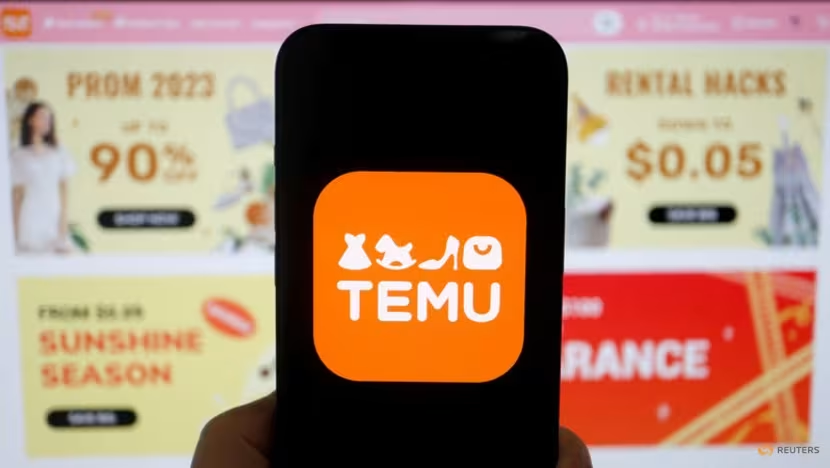- As Andrew Gnananantham pointed out in a recent Low Level Barbarians episode – we think a company’s strategy is so brilliant, until it is not anymore. That’s a good fact however – shows that we are learning.
- Netflix acquires content through three means: licensing, commissioning and producing. Licensing and commissioning depend on its negotiation power with content producers / studios; while producing depends on its ability to acquire/groom good producers under its wings.
- It seems licensing and commissioning are more common, even if Netflix generates its own ideas. It is, however, easier to control costs if Netflix is producing itself.
- A key part of Netflix’s intended appeal to consumers is that it produces so much good content that people will have all their entertainment time filled, and no time for alternatives.
- That is dependent on its ability to continuously generate the best in class content – and using its vast user base to 1) strengthen its negotiation power; and 2) make sense of the content costs.
- This has become difficult when Disney+, HBO etc., which have very strong in house content capabilities and access to capital that is not necessarily more expensive than Netflix’s.
- Not to mention deep-pocketed players like Apple and Amazon, who see good content as a feature offered to (and used to retain) their vast user base.
- As a result, Netflix 1) can’t monopolise good content; and 2) faces even more expensive costs for good content. These are difficult problems to tackle.
- A few friends pointed out to us that political correctness has started to affect the quality of some of Netflix’s shows (vis a vis a those of Disney+ and HBO).
- Netflix, it seems, is getting into the same trap that has haunted iQiyi and Tencent’s WeTV for years – high production costs, low ability to raise prices.
- iQiyi etc. previously depends on selling VIP consumers the ability to pay to unlock episodes not yet available to everyone as a key revenue source. Alas, that revenue has disappeared after losing a court case.
- Remaining revenue sources of iQiyi include membership and advertising. Did we mention that Douyin (TikTok), despite not being a long form content platform, also chips away the time people (especially the young) could have otherwise spent on platforms like iQiyi?
- Spotify is different compared to Netflix as it is almost purely a distribution channel for music labels – it is hard for other music streaming services to offer meaningfully differentiated content, and it is hard to see music labels going direct.
- Speaking of music labels, as Netflix is exclusively direct, it does not generate revenue through content distribution, in markets/segments where acquisition cost for Netflix itself is high.
- It will be very interesting to see how Netflix adjusts its “no rules rules” culture in testing times. Do not underestimate a culture’s resilience.
















